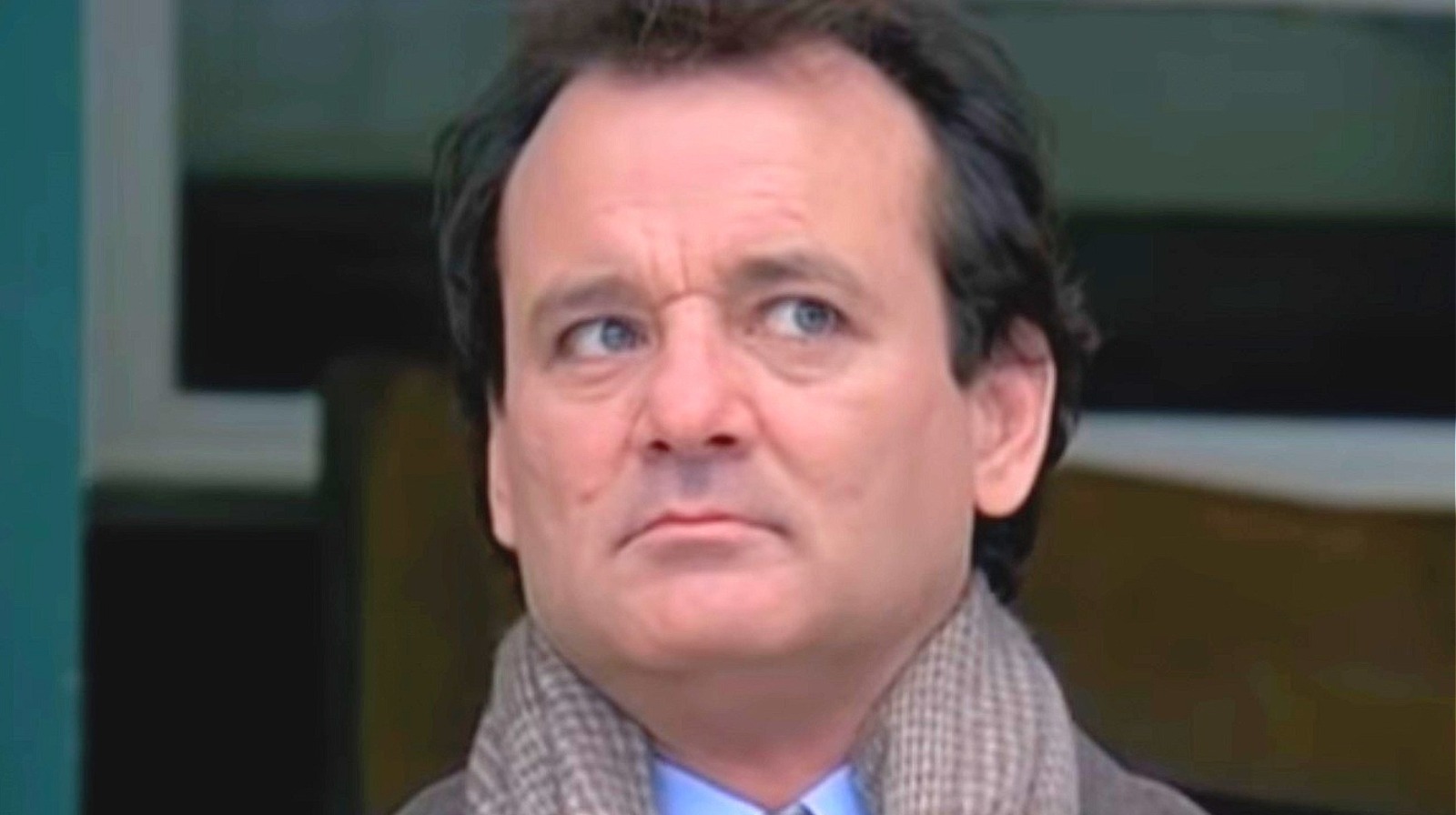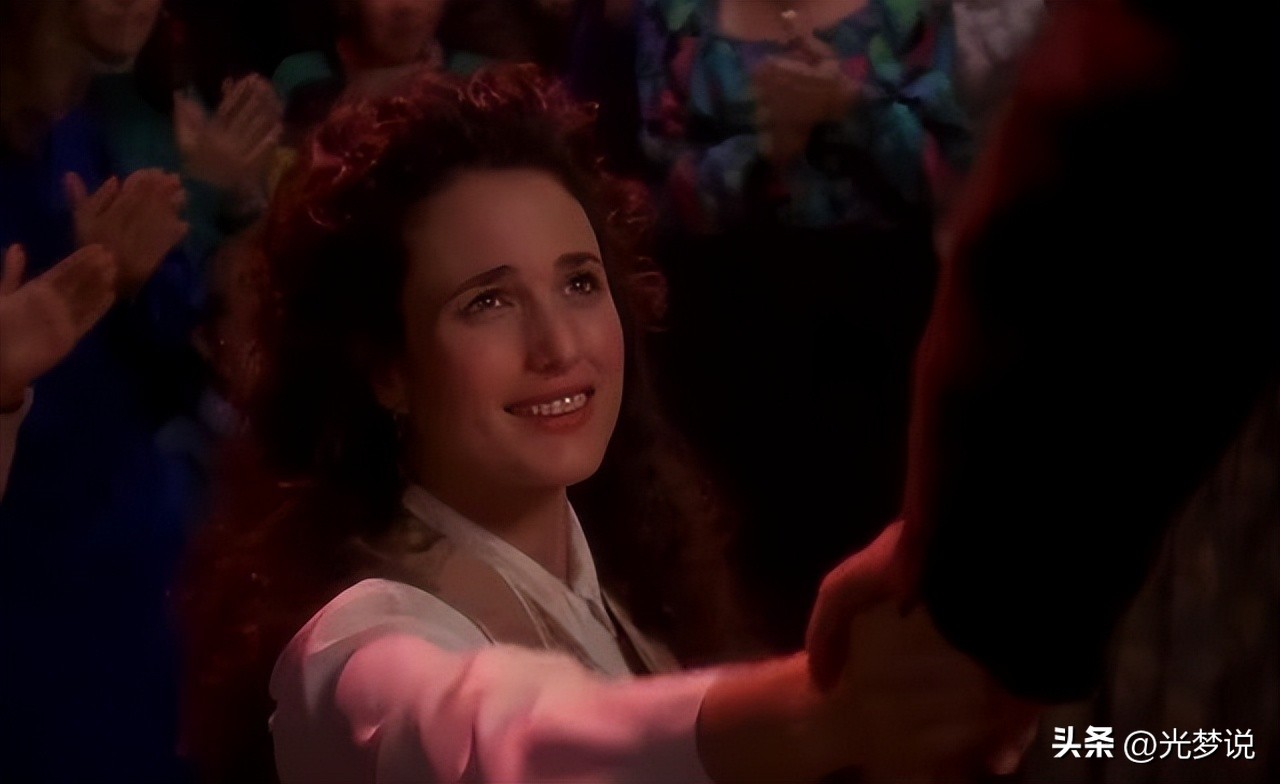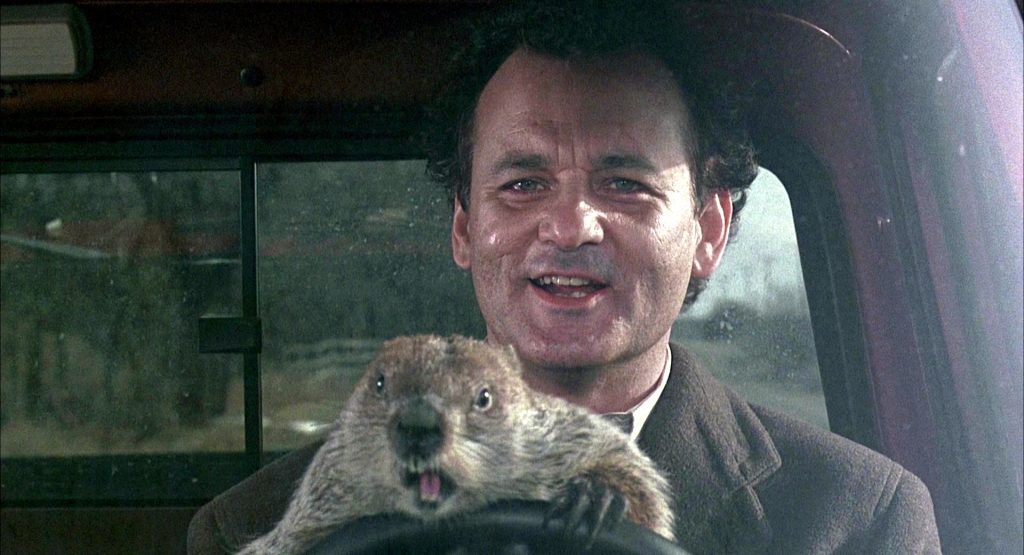Gallery
Photos from events, contest for the best costume, videos from master classes.
 |  |
 |  |
 |  |
/GettyImages-466543405-588f91e23df78caebc1c2d1a.jpg) |  |
 | |
 |  |
The Philosophy of 'Groundhog Day': You Can't Escape Until You Know How to Live Groundhog Day. By Patrick Lyon. Published Feb 3, 2022. Follow When the movie opens, we are introduced to Phil It's February 2nd, and movie fans prepare themselves for Groundhog Day with one of the most deeply philosophical films ever made. This year is also the 25th anniversary of the movie "Groundhog Day." (SOUNDBITE OF FILM, "GROUNDHOG DAY") MURRAY: (As Phil) A thousand people freezing their butts off, waiting to worship a rat. Films Groundhog Day Michael Faust reviews this film in the light of eternity.. Is Groundhog Day one of the great philosophical movies? Viewed on the most trivial level it’s just another Hollywood rom-com, but on closer inspection it furnishes a dazzling treatment of Nietzsche’s concept of eternal recurrence, even illuminating Deleuze and Irigaray’s conflicting interpretations of this key The Metaphysics of Groundhog Day Lawrence Crocker says it’s about time, and personal identity, and free will. The 1993 movie Groundhog Day was, of course, made as an exploration of the metaphysics of time. The basic idea is that for on-location TV weatherman Phil Connors, the same Groundhog Day, February 2, in Punxsutawney keeps repeating. Ramis, who died in 2014, said in a short documentary about the making of “Groundhog Day” that the film reflected his philosophy of life. What Danny and I both wanted to say with the movie is Michael P. Foley has a great article in Touchstone Magazine exploring some of the philosophical aspects of the movie Groundhog Day, starring Bill Murray and Andie MacDowell. Ranging from Nietzsche to Machiavelli and Aristotle to Augustine, Foley examines the movie from the vantage point of both philosophy and theology. Here is my favorite excerpt: The movie Groundhog Day, starring Bill Murray, might not strike you as a deep source of ethical instruction, but Joseph Kupfer [1] plumbs its storyline to reveal some delightful ethical insights. He notes that the movie starts with Nietzsche’s idea of the eternal return [2] as a prompt about reflecting on our life and whether it is good I’ve made a point of rewatching the film on or about Groundhog Day nearly every year since the movie came out in 1993. And that is the philosophy of “Groundhog Day.” Groundhog Day might be about a single man forced to relive the same day over and over, but one sequence raises philosophical questions that go well beyond a single individual. Even though Phil Connors’ life resets every February 2 at 6:00 a.m., the movie also shows that for each Groundhog Day he experiences, the world still continues on for The Philosophy of Groundhog Day. May 23, By the end of the movie, his life is finally worth insuring. You can watch Groundhog Day here. Filed Under: The 1993 film Groundhog Day features egotistical weatherman Phil Connors, played by Bill Murray, reliving the same day over and over. While the movie is beloved as a comedy, many religious scholars consider it an “underground Buddhist classic” for its depiction of the cycle of death and rebirth. Man, I watched this movie all the time when I was a kid. On the eternal recurrence thing – I’d usually heard this expressed as a myth or a maybe a parable, and I’d always regarded it as such, but I’ve also heard some philosophers (Solomon, in his No Excuses course) say that Nietzsche was up on the science of his day and he really may have thought of this as a plausible theory, which There has been an increasing interest in film-philosophy as a discipline within Film Studies since the 1990s and Film-Philosophy itself has played an important role in this development. We provide an important avenue for publication in the field of film and philosophy. The movie Groundhog Day is much more than just a romantic comedy; The messages to take from Groundhog Day are profoundly Stoic; The Stoicism of Groundhog Day is particularly helpful during the current pandemic; Groundhog Day Is Not Just Another Romantic Comedy. It’s easy to dismiss the movie as a likeable romantic comedy. Join us on a philosophical journey as we delve into the thought-provoking world of "Groundhog Day." We unravel the profound ideas that underlie the movie's n Today, many of us will recall the American comedy film “Groundhog Day.” Originally released in 1993, it stars the incomparable Bill Murray as Phil Conners, an insufferable Pittsburgh weatherman. A minor local celebrity who believes himself destined for much better things, he resents his piddling assignment to report on the Groundhog Day celebration in Punxsutawney, [] Groundhog Day has been widely viewed and interpreted, by everyone from therapists, to Wiccans, to followers of the Chinese Falun Gong movement. In his book, How to Write Groundhog Day (2012), screenwriter Danny Rubin tells us, “The first note [after the film premiered] I remember came from a monk in Germany. Released in 1993, the film “Groundhog Day” is a skillful blend of comedy and philosophy. It is centered on an egotistical and arrogant man named Phil Connors, who is a weatherman. Philosophy at the Movies. I really love the movie Groundhog Day. It’s funny and sweet, yet also deep and edgy. I love what it says about trying to do the right thing, about trying to get it right, about failing and trying again. And again, and again, of course.
Articles and news, personal stories, interviews with experts.
Photos from events, contest for the best costume, videos from master classes.
 |  |
 |  |
 |  |
/GettyImages-466543405-588f91e23df78caebc1c2d1a.jpg) |  |
 | |
 |  |